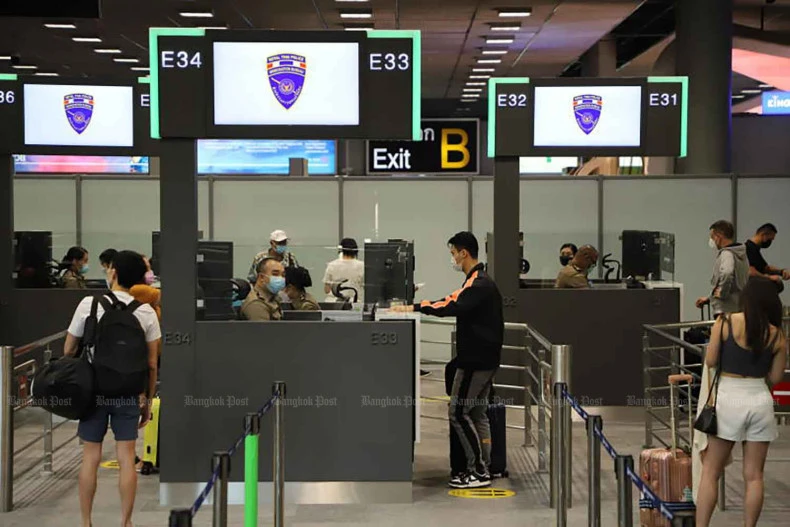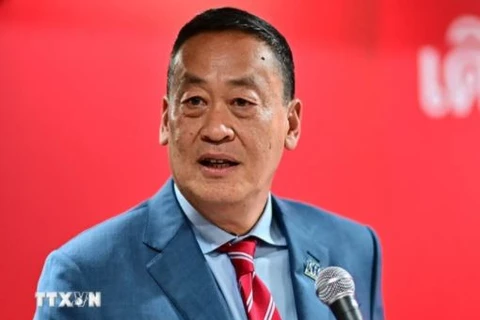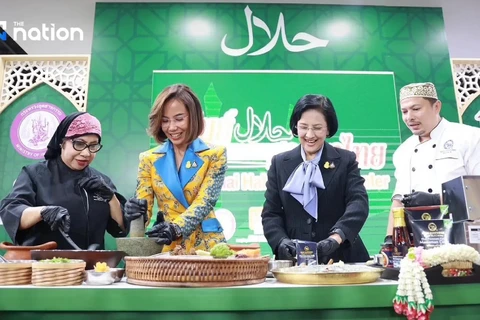
Bangkok (VNA) – The Thai government has set out to boost the country’s competitiveness by becoming a hub for skilled foreign workers as part of a long-term strategy to spur and sustain economic growth.
Government spokesman Chai Wacharonke said on June 4 that Prime Minister Srettha Thavisin is pushing to elevate the country to a new height by offering a slew of new visa types to attract overseas talents.
Citing Board of Investment (BOI) data, Chai said Thailand has granted working visas and work permits to more than 56,000 foreign nationals who are experts attached to investment-promoted projects.
There are more than 4,000 holders of long-term resident (LTR) visas, including 791 from the US, 479 from Russia, 332 from the UK, 277 from China, 236 from Germany, 207 from Japan and 198 from France.
There are also 2,170 smart visa holders -- skilled personnel and investors in target industries -- and a startup group, mostly from the US, Russia, the UK, Japan and Germany.
Chai said the LTR visa is central to the government's effort to draw four high-potential groups of foreigners: specialists, work-from-Thailand professionals, high-income individuals and retirees accompanied by their spouses or companions.
The visa allows them to stay in Thailand for ten years with unlimited re-entries and work permits. It offers a substantial reduction of up to 17% of personal income tax rates for specialists and extends the period required for reporting with the Immigration Bureau (IB) from every 90 days to once a year.
In addition, the cabinet is considering introducing a "Destination Thailand visa" (DTV) for foreign nationals with digital skills, aiming to incentivise more foreign talent to work and travel in the country. The DTV is expected to be launched this month.
The BOI has worked with the IB and the Labour Ministry to establish a One Start One Stop Investment Center to facilitate the stay of foreign specialists, talents and investors in Thailand./.






















